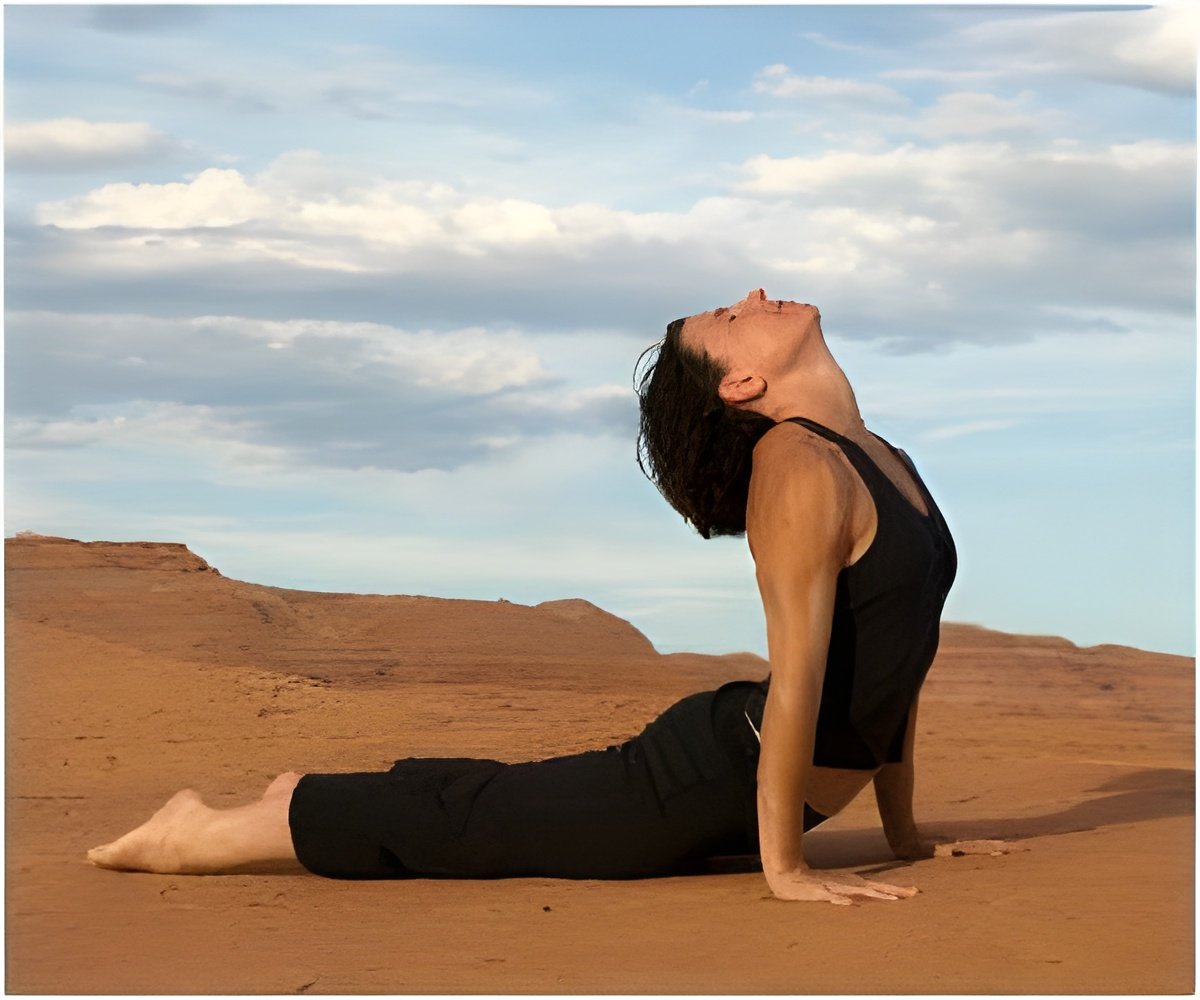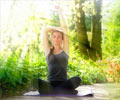Improving working memory can have a beneficial effect on so many areas in our life. Proprioceptive dynamic activities can enhance in a short period of time.

"Improving working memory can have a beneficial effect on so many areas in our life. It is exciting to see that 'proprioceptive dynamic activities' can enhance it in such a short period of time," added study co-author Tracy Alloway.
For the study, researchers recruited adults ages 18 to 59 and tested their working memory. Proprioception, the awareness of body positioning and orientation, is associated with working memory. One group was given dynamic activities while the other were asked to join yoga classes, defined as "static proprioceptive activities".
The participants undertook activities like climbing trees, walking and crawling on a beam approximately three-inches wide, moving while paying attention to posture, running barefoot, navigating over, under and around obstacles, as well as lifting and carrying awkwardly-weighted objects. After two hours, participants were tested again. The researchers found that their working memory capacity had increased dramatically by 50 percent.
"Proprioceptively dynamic training" may place a greater demand on working memory because as environment and terrain changes, the individual recruits working memory to update information to adapt appropriately.
"Though the yoga control group engaged in activities that required awareness of body position, it was relatively static as they performed the yoga postures in a small space which did not allow for locomotion or navigation," the authors noted.
Advertisement
Source-IANS















